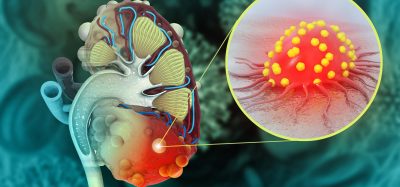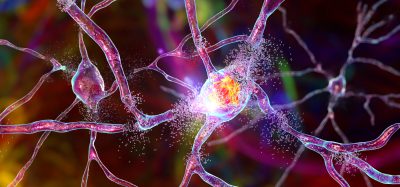Expert view: Discovering neuronal cell types
Posted: 4 June 2018 | Eleen Shum (Manager - R&D Genomics Applications - BD) | No comments yet
Target the genes that matter for efficient sequencing and analysis with custom-targeted gene panels.
The brain is one of the most complex organs in the body, being assembled from many neuronal subtypes to enable centralised physiological control over other organs for sophisticated behaviours. While neuroscientists have made significant strides towards understanding brain function, there is a growing need to systematically catalogue neuronal cell types to understand the neuronal network, mechanisms that govern neurogenesis, and the etiologies of neurological diseases.
Current next generation sequencing technologies have limitations for examining individual neuronal cells: the majority of RNA transcripts detected by whole-transcriptome amplifi cation are housekeeping genes, rather than cell type-defining genes such as transcription factors that could lead to understanding the cellular complexity of the brain.
Customisable, targeted single-cell transcriptomics present an opportunity for neuroscientists to methodologically untangle neuronal heterogeneity and accurately study different neuronal cell types in a high-throughput manner with high sensitivity.
Single-cell analysis technologies such as the BD Rhapsody™ Single-Cell Analysis System with patented Molecular Indexing technology paired with a targeted RNA-seq approach can be used for discovery and characterisation of thousands of single neurons to unravel neuronal heterogeneity and, ultimately, understand complex neurological mechanisms.
The BD Rhapsody Single-Cell Analysis System empowers and streamlines single-cell research with a complete system of tools, including reagents and analysis software, that work together to meet neuroscience experimental needs. Neuroscientists’ ability to identify and characterise individual cells in the nervous system opens the door to finding pathogenic cells, regenerative cells, and pathways that drug manufacturers can exploit for the discovery of therapeutics for neurodegenerative disease. BD plans to rapidly expand the BD Rhapsody platform capabilities, such as enabling the simultaneous analysis of gene and protein expression through the BD™ AbSeq assay, to open new frontiers in single-cell analysis.
Related topics
Gene Therapy, Genomics, Neurosciences, Next-Generation Sequencing (NGS), Protein, RNAs, Sequencing, Therapeutics
Related organisations
BD
Related people
Eleen Shum








